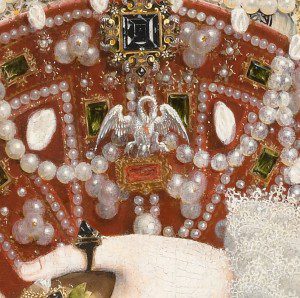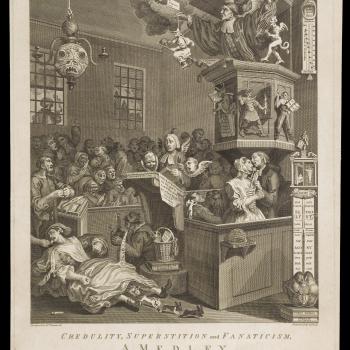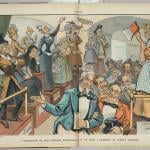I am obsessed with habits. Particularly the spiritual formation potential of habits. I don’t remember exactly how it got started—I think a few book recommendations on the topic from friends. But soon, I was converted. As a historian, I make my living with my mind and spend a lot of time in my head. So, ironically, it took reading philosophical explanations of the power of habit to convince my mind that my life is shaped as much by what my... Read more

















